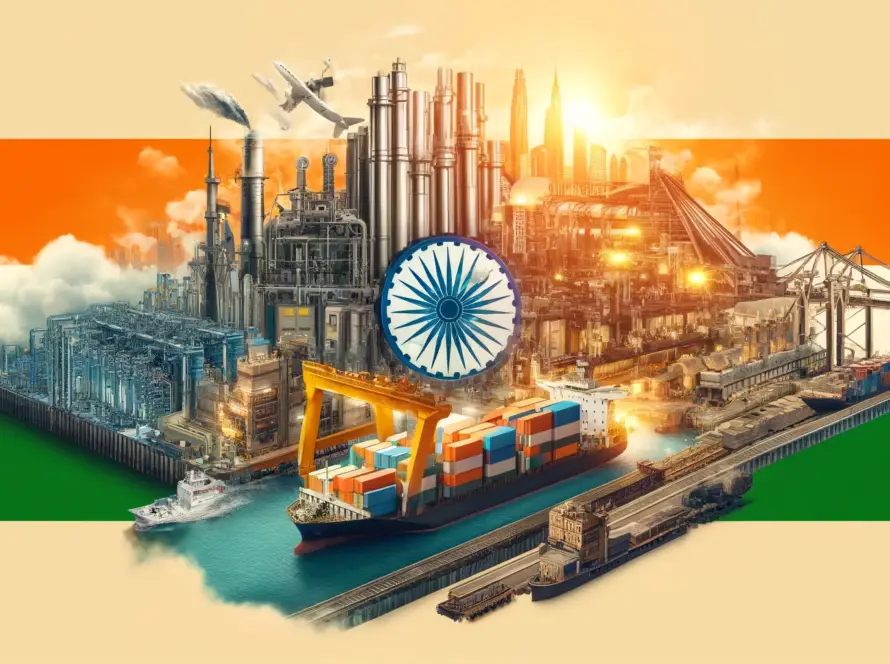The practice of outsourcing logistics activities has become increasingly common among manufacturing firms (M-firms) globally. A recent study comparing the outsourcing outlook between India and Central Europe (Germany, Austria, Switzerland) highlights distinct motivations and practices in these contrasting economic landscapes.
A survey targeting both logistics service providers (LSPs) and M-firms in Central Europe and India was conducted, with a total of 96 responses analyzed. The study investigated differences and alignments in outsourcing motivations, relationships, and governance between firms within and across these regions.
Motivations for Outsourcing
In India, M-firms primarily outsource for strategic reasons, aiming to gain long-term competitive advantages. This contrasts sharply with Central Europe, where cost reduction is the predominant driver. Indian firms tend to transfer ownership of logistics tasks to LSPs, relying heavily on their capabilities. This strategic dependency reflects a focus on leveraging external expertise to enhance overall business competitiveness.
Types of Outsourcing Relationships
The study categorizes outsourcing engagements based on the scope and criticality of tasks. In both regions, there is a notable preference for strategic alliances, particularly among LSPs. However, Indian M-firms tend to engage more in high-scope, highly critical tasks compared to their European counterparts, who often engage in non-strategic transactions with lower scope and criticality.
Governance and Ownership
A significant difference lies in the perception of ownership within outsourcing relationships. Indian M-firms are more likely to delegate ownership to LSPs, seeking to be relieved from managing logistics activities. In contrast, Central European M-firms prefer to retain more control, reflecting a higher level of internal logistics capability and a more conservative approach to outsourcing.
Practical Implications
For LSPs aiming to operate successfully in both regions, understanding these differences is crucial. In Central Europe, LSPs should emphasize cost-efficiency and align services to meet financial motivations. Conversely, in India, LSPs must focus on strategic value, offering comprehensive services that address the long-term competitive needs of M-firms.
As a U.S.-based company with 30 years of experience, Source Machining Specialties specializes in helping U.S. manufacturers with their manufacturing needs in India. We’re so confident in our Indian production facilities that we invite you to a site audit at our expense. Discover more about our capabilities and services, and let’s start a conversation.



